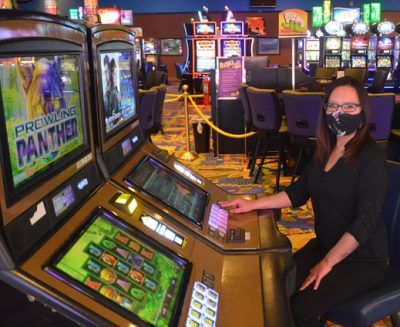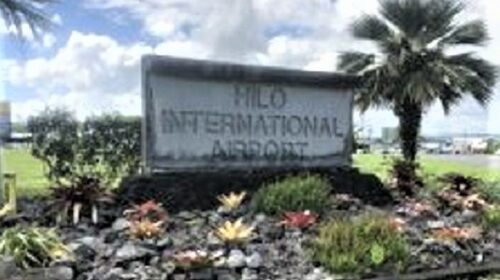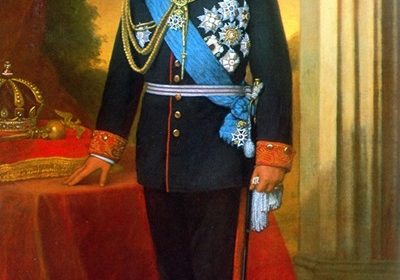Kapolei Casino: Will it Become a Reality?
The Hawaiian Homes Commission is considering a measure that would allow the building of a Kapolei casino on Department of Hawaiian Home Lands (DHHL) property. The intent is to feed more funds into DHHL revenue coffers. Under the proposal, DHHL would get tax payments made on gaming revenues.
The Department of Hawaiian Home Lands is governed by the Hawaiian Homes Commission Act of 1920, which was enacted by the U.S. Congress to protect and improve the lives of native Hawaiians. The act created a Hawaiian Homes Commission to administer certain public lands, called Hawaiian home lands, for homesteads. The question may then be does a casino withstand the definition of a homestead or is this merely a way to skirt around that definition with the justification of the need to boost revenue for the agency?
The Hawaiian Homes Commission is scheduled to consider a legislative proposal that would allow gambling in Hawaii, but only in the form of casino gaming and only on DHHL land in Kapolei. In the form of a bill, this would legalize gambling in Hawaii only as it relates to casinos. It would also allow for the set up a Hawaii Gaming Commission, which would then have the authority to approve and revoke gaming licenses as well as investigate gaming companies. Licenses would be restricted to DHHL land that has been set aside for commercial use in Kapolei.
The proposal is still under review for inclusion in Gov. David Ige’s administrative package of bills for the next legislative session slated to begin January 20, 2021. The casino bill would then need to win approval in the Legislature.
Senate President Ron Kouchi has already said he would not be support gambling in any form. His concerns are that if gambling is legalized in Hawaii it could open the door for Native American tribes to establish casinos in Hawaii, which would leave the state and Hawaiians without revenues from those types of operations. Native Hawaiians are defined as individuals having at least 50 percent Hawaiian blood.
Tribal gaming, however, is heavily regulated by the U.S. Department of the Interior, which requires states to enter into compacts with tribes and various federal approvals. Also, it is questionable whether Native American tribes would be granted approval from the Department of Hawaiian Home Lands as doing so would not improve the lives of Hawaiians.




